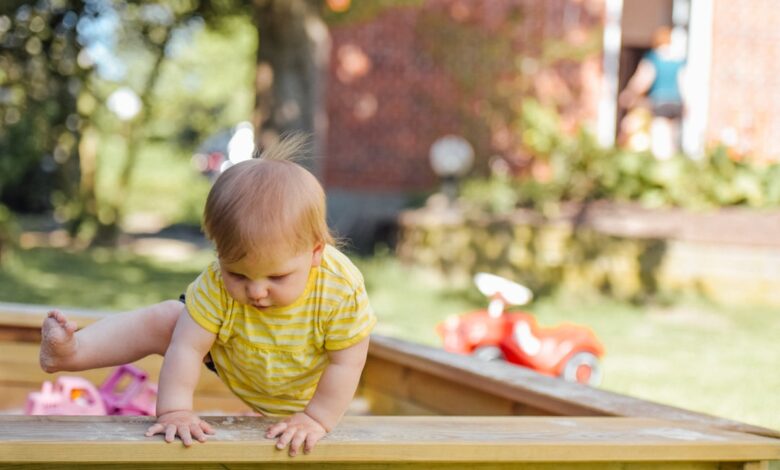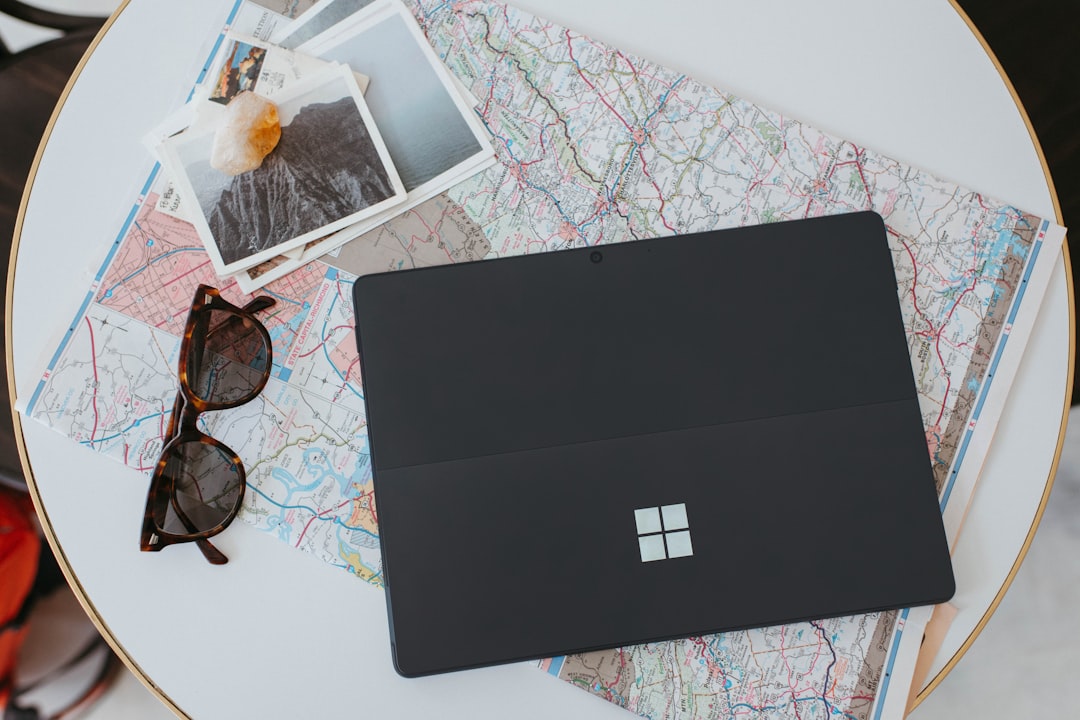Best Free Educational Apps For Toddlers

As a parent, you want the best for your little one, and that includes giving them a head start in learning! Luckily, we live in a digital age where amazing educational apps are just a tap away. But with so many options, it can be overwhelming to find the best ones that are both engaging and, most importantly, free. Don’t worry, I’ve done the research for you! Here are some of the best free educational apps for toddlers that will keep them entertained while they learn essential skills.

Why Use Educational Apps for Toddlers?
You might be wondering, “Are apps really beneficial for my toddler?” The answer is yes, when used in moderation and with the right apps! Educational apps can be a fantastic tool to supplement traditional learning methods. They offer interactive games, colorful visuals, and fun sounds that capture a toddler’s attention and make learning enjoyable. These apps can help develop crucial skills such as:
- Letter and number recognition
- Problem-solving
- Fine motor skills
- Creativity
- Vocabulary building
However, it’s crucial to remember that screen time should always be balanced with other activities like outdoor play, reading books, and interacting with caregivers. The American Academy of Pediatrics recommends limiting screen time for children ages 2-5 to one hour per day of high-quality programming when parents are present to engage with them.
Top Free Educational Apps for Toddlers
Here are some of my top picks for free educational apps that are perfect for toddlers:
PBS KIDS Games
PBS KIDS Games is a fantastic resource packed with a wide variety of games featuring beloved characters like Elmo, Daniel Tiger, and Curious George. These games cover essential skills like math, reading, science, and social-emotional development. The best part? It’s completely free and ad-free, so you can rest assured that your child is learning in a safe and engaging environment. The interface is easy for toddlers to navigate, and the games are designed to be both fun and educational.
Starfall ABCs
If you want to introduce your toddler to the alphabet, Starfall ABCs is an excellent choice. This app uses colorful animations, interactive activities, and catchy songs to teach letter recognition, phonics, and beginning reading skills. Each letter has its own dedicated section with engaging activities that reinforce learning. Starfall is a trusted name in early childhood education, and their ABCs app is a wonderful way to get your child excited about reading.
Khan Academy Kids
Khan Academy Kids is a comprehensive educational app that covers a wide range of subjects, including math, reading, writing, and social-emotional development. It features adorable characters, engaging stories, and interactive activities that keep toddlers entertained while they learn. The app adapts to your child’s learning level, providing personalized lessons that challenge them without overwhelming them. It’s a fantastic option for parents who want a well-rounded educational experience for their little ones.
Shapes Toddler Preschool
Shapes Toddler Preschool focuses specifically on teaching shapes and colors, which are fundamental concepts for early learning. This app uses simple, engaging games to help toddlers identify different shapes and colors. The activities are designed to be interactive and fun, with plenty of positive reinforcement to encourage learning. If your toddler is struggling to grasp shapes and colors, this app can be a helpful tool.
Baby Puzzles
Baby Puzzles is a classic puzzle game designed specifically for toddlers. The puzzles feature colorful pictures of animals, vehicles, and other familiar objects. As your child solves the puzzles, they develop their fine motor skills, problem-solving abilities, and spatial reasoning. The app offers a variety of puzzle difficulty levels, so you can adjust the challenge as your child progresses.
Coloring Games
Unleash your toddler’s creativity with coloring games! There are many free coloring apps available that offer a wide range of pictures and coloring tools. These apps can help develop your child’s fine motor skills, hand-eye coordination, and artistic expression. Look for apps that offer simple interfaces and a variety of coloring options, such as crayons, markers, and paintbrushes.
Safety Tips for Using Educational Apps
While educational apps can be beneficial, it’s important to use them safely and responsibly. Here are some tips to keep in mind:
- Set time limits: Limit your toddler’s screen time to no more than one hour per day, as recommended by the American Academy of Pediatrics.
- Monitor content: Choose apps that are age-appropriate and free of inappropriate content. Always supervise your child while they are using apps.
- Turn off notifications: Disable notifications to avoid distractions and interruptions.
- Encourage breaks: Remind your child to take breaks from the screen to stretch, move around, and rest their eyes.
- Balance screen time with other activities: Make sure your child is also engaging in other activities like outdoor play, reading books, and interacting with caregivers.
Concerns About Educational Apps
While educational apps can be beneficial, it’s important to be aware of the potential concerns:
- Eye strain: Prolonged screen time can lead to eye strain and fatigue. Encourage your child to take breaks and look away from the screen frequently.
- Sleep problems: The blue light emitted from screens can interfere with sleep patterns. Avoid using apps close to bedtime.
- Addiction: It’s possible for children to become addicted to screens and apps. Set clear boundaries and limit screen time to prevent this.
- Lack of social interaction: Apps should not replace face-to-face interaction with caregivers and other children. Make sure your child is getting plenty of social interaction.
- Misinformation: Not all educational apps are created equal. Some apps may contain inaccurate or misleading information. Choose apps from reputable sources.
Alternatives to Educational Apps
While apps can be a useful tool, they are not the only way to educate your toddler. There are many other fun and engaging activities that can help them learn and develop. Here are some alternatives:
- Reading books: Reading aloud to your child is a wonderful way to promote literacy and language development.
- Playing games: Board games, puzzles, and card games can help develop problem-solving skills and social skills.
- Outdoor play: Spending time outdoors is essential for physical and mental health. Encourage your child to run, jump, climb, and explore nature.
- Arts and crafts: Painting, drawing, and sculpting can help develop fine motor skills and creativity.
- Music and movement: Singing, dancing, and playing musical instruments can help develop rhythm, coordination, and self-expression.
Frequently Asked Questions
Are free educational apps really effective?
Yes, many free educational apps are highly effective! The key is to choose apps that are age-appropriate, engaging, and from reputable sources. Look for apps that align with your child’s learning goals and that offer a variety of activities to keep them entertained.
How do I choose the right educational apps for my toddler?
Consider your toddler’s age, interests, and learning goals when choosing apps. Read reviews from other parents and educators. Look for apps that offer a free trial or demo so you can try them out before committing. Make sure the app is easy for your toddler to navigate and that it provides clear instructions and positive reinforcement.
How much screen time is too much for a toddler?
The American Academy of Pediatrics recommends limiting screen time for children ages 2-5 to one hour per day of high-quality programming when parents are present to engage with them. For children younger than 18 months, screen time is not recommended, except for video-chatting with family members.
What if my toddler gets frustrated with an app?
It’s normal for toddlers to get frustrated with apps sometimes. If your child is struggling, offer encouragement and assistance. If they continue to get frustrated, it’s best to take a break and try again later. You may also need to adjust the difficulty level of the app or choose a different app that is better suited to their abilities.
Ultimately, the best educational apps for your toddler are the ones that they enjoy and that help them learn and grow. Explore the options, try out different apps, and find what works best for your family. Remember to balance screen time with other activities and to always supervise your child while they are using apps. With the right approach, educational apps can be a valuable tool in your toddler’s learning journey!



